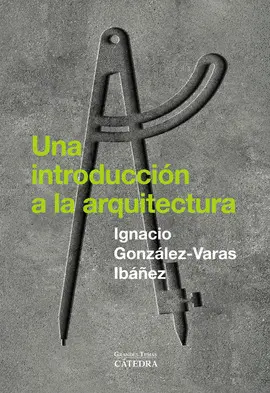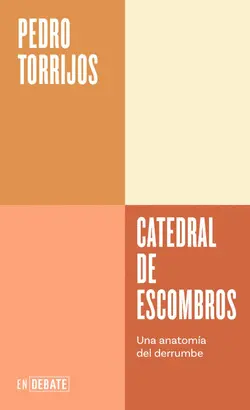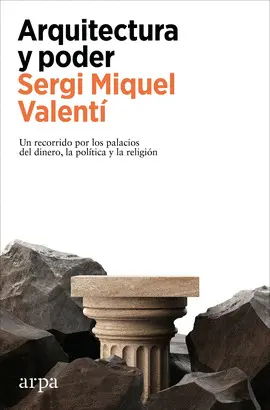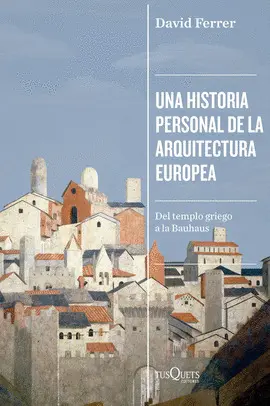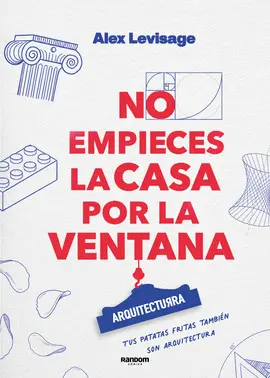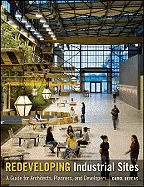Redeveloping Industrial Sites
A Guide For Architects, Planners, And Developers
Berens, Carol
The ultimate resource on strategies for redeveloping abandoned urban sitesArchitects, urban planners, urban designers, developers, city officials, and all those interested in revitalizing their post-industrial cities will find the tools they need here. "Redeveloping Industrial Sites" delivers solutions to complex issues concerning urban planning, design, and financing to reveal...
Sinopsis
The ultimate resource on strategies for redeveloping abandoned urban sites
Architects, urban planners, urban designers, developers, city officials, and all those interested in revitalizing their post-industrial cities will find the tools they need here. "Redeveloping Industrial Sites" delivers solutions to complex issues concerning urban planning, design, and financing to reveal lessons on ways to successfully convert decaying land and buildings into vibrant parks, stimulating cultural destinations, and active commercial complexes. In addition, carefully chosen real-world examples illustrate topics such as sustainability, public policy, and developer know-how to form a complete picture of the elements involved in planning and executing urban redevelopment projects. Redeveloping Industrial Sites:
Covers strategies used to turn abandoned industrial sites into vibrant new neighborhoods and special districts such as Toronto's Distillery District and Philadelphia's Piazza at Schmidts
Emphasizes design and economic issues that urban planners and city officials need to plan successful projects as well as manage spontaneous neighborhood transformations such as loft conversions
Includes case studies of a variety of redevelopments from across North America and Europe ranging from large projects such as New York's Hudson River Park and Amsterdam's harbor to the small, but important neighborhood regenerators such as Baltimore's American Brewery Building for Humanim
Examines how cities from Minneapolis, Minnesota to North Adams, Massachusetts, to Swansea, Wales harnessed the forces of tourism and art to transform their mills and harbors
Providing historical context as well as current perspective, Redeveloping Industrial Sites offers clear direction on repurposing derelict and polluted wastelands and warehouses into vital, living extensions of their communities.
Comentarios
Sé el primero en comentar este libroArtículos relacionados
